"I've got the map and the compass on the table"
- Hours of sleep 85,896, diopters 1.5 + 2.5, days of work quoted 1,679, 444 kilos of garbage every year, 33% Basque... and impulses one after the other.
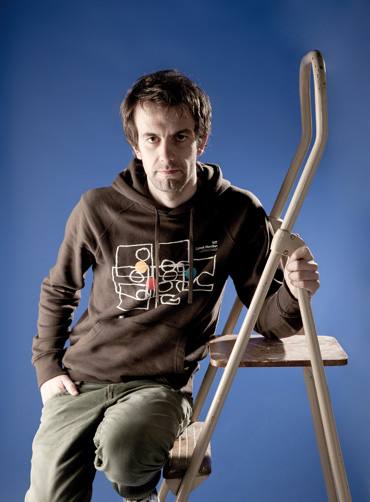
How much does everyone write their own story?
I will not say that the author always writes his biography, but a theme or conception that interests him almost always appears. Even when you dedicate the hours and headaches of your life to writing a book, you dedicate a part of your life to it both willingly and unwillingly. This is where the struggle to bring literature to life and life to literature begins. As a reader, I have often brought literature into my life because it nourished me, because it gave me a grace and a personality that my diary did not have at that time. The reverse process has been the Impulse process. In addition to bringing literary themes to reality, I have turned parts of my life into literature.
Where does the tireless tendency to constantly define yourself come from?
While I was still writing the book, as I was driving, I heard “How did I get here?” in a song by Anari. Then I realized that although the architecture of the book was not yet clear, this allowed me to recreate a personality. Throughout my career Jon Benito has been unique, but he has had different characteristics, he has been changing without interruption, and I understood that with this book I had the opportunity to appear with new characteristics. Now I was in a position to take stock of the slot, but I also had a chance to reflect who I am and what I want to be. That's why it's interesting what didn't happen and what didn't happen to me. Susan Sontag says that the way to freedom is to list contradictions, to which we owe a series of constant questions “what am I?”, “who am I?”, “where do I come from?” To me too, in order to build my personality, I have been given some qualities, I have found others, I have left some that have been given to me and that I have found to receive others... This path, this conflict of possibilities, is ultimately narrated by the Impulse.
At this point in the path, you say you are “left-handed,” “skinny,” “atheist,” and “heterosexual.”
I am 29 years old and some of my characteristics have changed over time: I am not so radical in my opinions, I am more aware of the presence of the other... When I define myself with these four adjectives, I define myself in front of others. If I had to define myself privately, maybe I would use other names; but in the book, since I am still presenting this new character in public, I mark the coordinates to place myself in the four main classifications of society. So I think that the character must be characterized by the verb: we are defined by what we also do in everyday life, by the appearance or whatever we don’t have. That is why I have tried to give as few definitions as possible in the book, to ask questions but not to judge. I have made no special effort to describe what the character is like because I wanted to appear through actions.
Most of them are very common and simple actions.
But those who have depth and substance in the same way, in my opinion. You talk about friends, but friends are intertwined with politics. You start talking about a personal escape and the world appears to you with its social, economic and cultural roots and ramifications. In this regard, I did not want Impulso to be considered as an auto-fiction or autobiography of Jon Benito, since the book has no value if read in this way. The book should be a chronicle, a testimony, or a mirror of a group of people who have had similar experiences to me, that revolves around my age, so that I do not fail. That’s why I talk about topics such as falling in love, falling out of love, starting tasks of rediscovering oneself and losing yourself again. The references are real, I wanted to appear words of flesh and blood on the paper, I wanted to create something that I could touch, things that the reader could see reflected in it, because I thought that this was the only way to reach the emotion. Pulp and skin, because in all the arts it is the emotion that is sought.
How will history remember this generation of yours?
I don’t know if we’re not going to be “generational” in general: those who were born and failed in a time of rights and prosperity. It seems to me that, despite being the most educationally prepared generation and being formed in terms of knowledge, we have been very lost in the abyss between what was expected of us and what we could provide. For example, politically we are a very amphibious generation: we come from a tradition, we have incorporated the continuity of a message, ideology and historical imagery, but at the same time we are living the change of these values and we do not know if we are or want to be one or another. This change of values also affects the current cultural landscape. It is no coincidence that the Ashes are repeatedly penetrating this wound in the theatrical work, for example. Politically, the same thing. We are talking about the death of the militant culture, but is it not directly related to the decline of the culture of exertion, perseverance and sacrifice? It is our generation that best represents this transition.
If we're talking about politics, it's as personal as it is unusual for you to see the conflict in this country.
In recent years, I have witnessed a dramatic increase in the presence of the human factor in the understanding of political conflicts. I also speak of ideology, of social projects to be carried out, but I cannot escape the wound caused by the loss of people. The book clearly marks the tradition from which the character comes, where he is born, in what year, what happens in that year, but then this character begins to make decisions. He sees that the bodies of Lasa and Zabala are brought to the airport in Hondarribia, he asks himself questions, they set bombs, people die, and he becomes aware of something. He later realizes that, despite the many stripes at the center of this chakras, he has had to be on one side or the other of the stripes because of conscious and unconscious choices. As he goes on, he sees himself in danger of going to jail, he panics for a few nights, he greets his friends to prison and to the bush, which leads from conscious choice to the shift to the human factor. In this context it is difficult to deal theoretically with ideology and debates, and that is why in the book I say that I would like to talk about people, but in this country it is very difficult not to talk about politics when we talk about people.
If politics is more than conflict for you...
Impulse is a very political book in this sense. It speaks of a way of life, of contradictions of personal freedom, of ways of influencing the other, of work, of the need for money... There are many decisions in the poem, and as we talk about deliberations we are talking about politics, although we often reduce the meaning of politics to parliament and conflict. For me, politics is the sum of the decisions we make to carry out what we are day by day: to propose the relationship model, to determine your way of life, to choose the labor relations, or to make some values your own and be consistent with them is not in the municipal assemblies, parliament or political parties, but it is politics. That is why I consider the policy to be very positive.
And the family?
Is this hidden force that unites the family the passion to carry out a common project? The family is united by properly educating its children, by having as few problems as possible in its daily life, by maintaining the balance of being as happy as possible until death, even though there are radically different worldviews among its members. At the same time, the discomfort within the family is overwhelming. It's a very complex stage. On the one hand, it’s given to you, you don’t choose it, and on the other hand, you don’t know if your new project will be able to get ahead with these family members or not. It’s a very complicated issue, partly because children have to metaphorically kill their parents to thrive. That’s why I say in my poem about my mother, that I have to leave her to find her again, that I have to break the umbilicus in order to maintain a proper relationship. Conflict is the first step in building a harmonious relationship in other coordinates. For example, my mother tongue is Basque, my father’s is Spanish, and if we form a family, how do we articulate languages to communicate with each other? How do we both make one? This creates a clash between us, between what we would like to be, and shapes our personality with desires and aspirations.
Are words therapeutic?
Putting words to knots is a vital exercise for me. In that sense, I love Annie Ernaux. Even when it comes to feelings or issues such as abortion, he writes accurately and simply, and while writing the book I was envious because I also wanted to tell the confusing moments that I experienced as simply as possible and with as few nuances as possible. This exercise helps a lot to understand what is happening, to understand how you experience it, or to realize how you are aware of these events. Words are essentially the ashes of reality. It is true that many nuances, many details, can be lost in words, because you can’t express them or you don’t invent them, but they are tools that we have to express ourselves to others, and we are obliged to sharpen as much as possible to say what we want to say in the most accurate, correct, and complete way possible.
Why take so much work to untie the knots if “someday even these times will seem ridiculous and frivolous”?
When I look at my childhood or adolescence, I begin to think about the circumstances of the school and realize that sometimes I felt that the next day would not exist. But if I look at what has happened with a little historical perspective, I am aware that I have subsequently emerged from a thousand more serious problems, which helps me to measure things. Now I know this is happening, but I’m also aware that after a few days or months or years, the waters will recover and as the kidney stone is shattered it will also be shattered, until one more event of the past becomes and disappears over the course of days and years. It is my doubt that the matters which seem so important to us today will not tomorrow be petty or forgetful matters of the past. I don’t think we’re just going to write novels. And I don't know if that's good or bad.
It's not the worst doubt to hold onto what's coming.
I also have the feeling that I am moving from a defensive period to a period of advancement, and luckily, I believe that this feeling merges with a collective feeling. I want to make progress, to do what I do in a more certain way, and not only at the time of writing, but also in everyday life. I want to maintain the will and willingness to walk with certainty, determination, conviction and knowing what I want. I have the map and the compass on the table, and although I have moved without the compass and the map on other occasions, now I have them, and I have the determination to reach my goals.
1981eko maiatzaren 24an sortu zen Zarauzko Azken Portun. Historian lizentziatua, medio askotako kolaboratzailea, Vladimir-en txertoak areagotu zion literaturaren sukarra. 2001-ean argitaratu zuen Aingurak Erreketan (Susa) bere lehen poema liburua, eta Bulkadarekin (Susa) itzuli berri da.
“Eslogan eta kanpainetako lelo guztiak baino eraginkorragoa iruditzen zait eguneroko lanaren mekanika. Beti bizi izan naiz nire ideologia eta bizi-baloreekin bat ez zetozen alderdiek gobernatzen zituzten udalerrietan eta, ez dakit horregatik-edo, oso mesfidatia izan naiz erakundeekin. Dena den, jabetzen naiz duten indarraz, eta horregatik diot politikaren erronka nagusia politikariak herritarren benetako ordezkariak izatean datzala, eta horretarako herritarrari entzun egin behar zaiola, bere kezkak aintzat hartu, irtenbideen parte sentiarazi. Horixe da azken urte luzeetan politikari eta mugimendu sozial zenbaitek egin ez dutena, eta horregatik iruditzen zait ezinbestekoa elkarrizketa hori berreskuratzea. Politikak ere 2.0 izan behar du, izango bada”.
Just as we experienced the flourishing of the Basque Country with the help of the artists, so that this time, taking advantage of their impulses, we continue to make our way together giving the necessary support to the Basque political prisoners, exiles and deportees
The... [+]
EMEADEDEI + MAHL KOBAT
WHEN: February 2nd.
IN WHICH: In the youth center of Zuia, Murguía.
----------------------------------------------------
On September 20 of last year, we first heard about collective music in the profile of the social network they had just created:... [+]
Otsailaren 13a Torturaren Kontrako eguna izanki, Euskal Herriko Torturaren Sareak gutun publiko bat igorri du. Poliziek torturatu euskal jendeen lekukotasunak bildu, eta aitortza egiteko xedea du sare berri horrek Euskal Herri osoan. Torturatuak izan diren 5.000 pertsonei... [+]









.jpg)

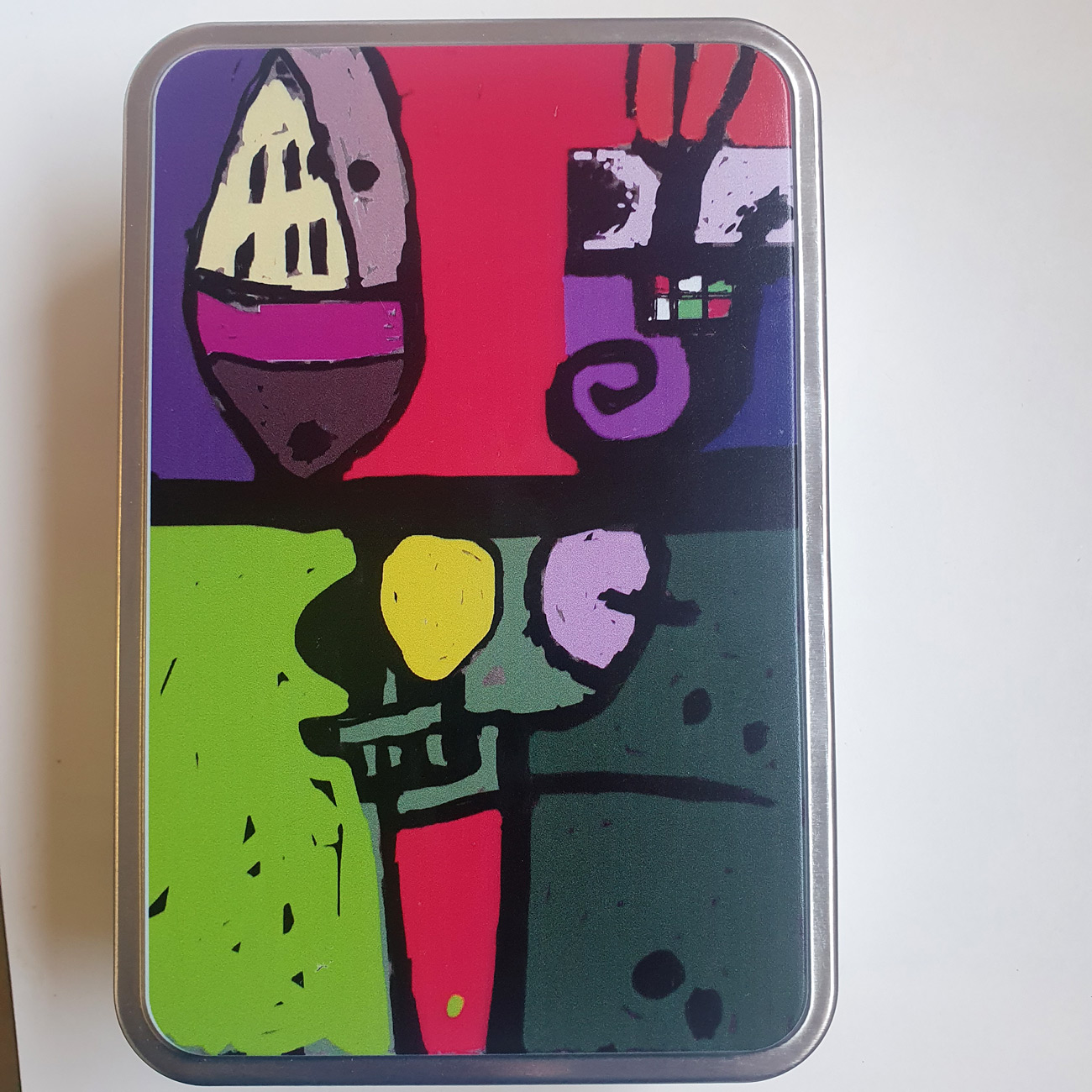
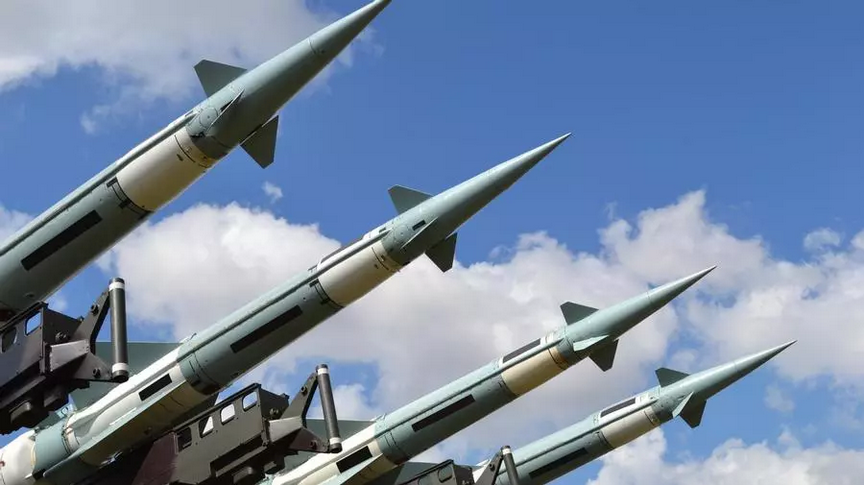
_2.jpg)
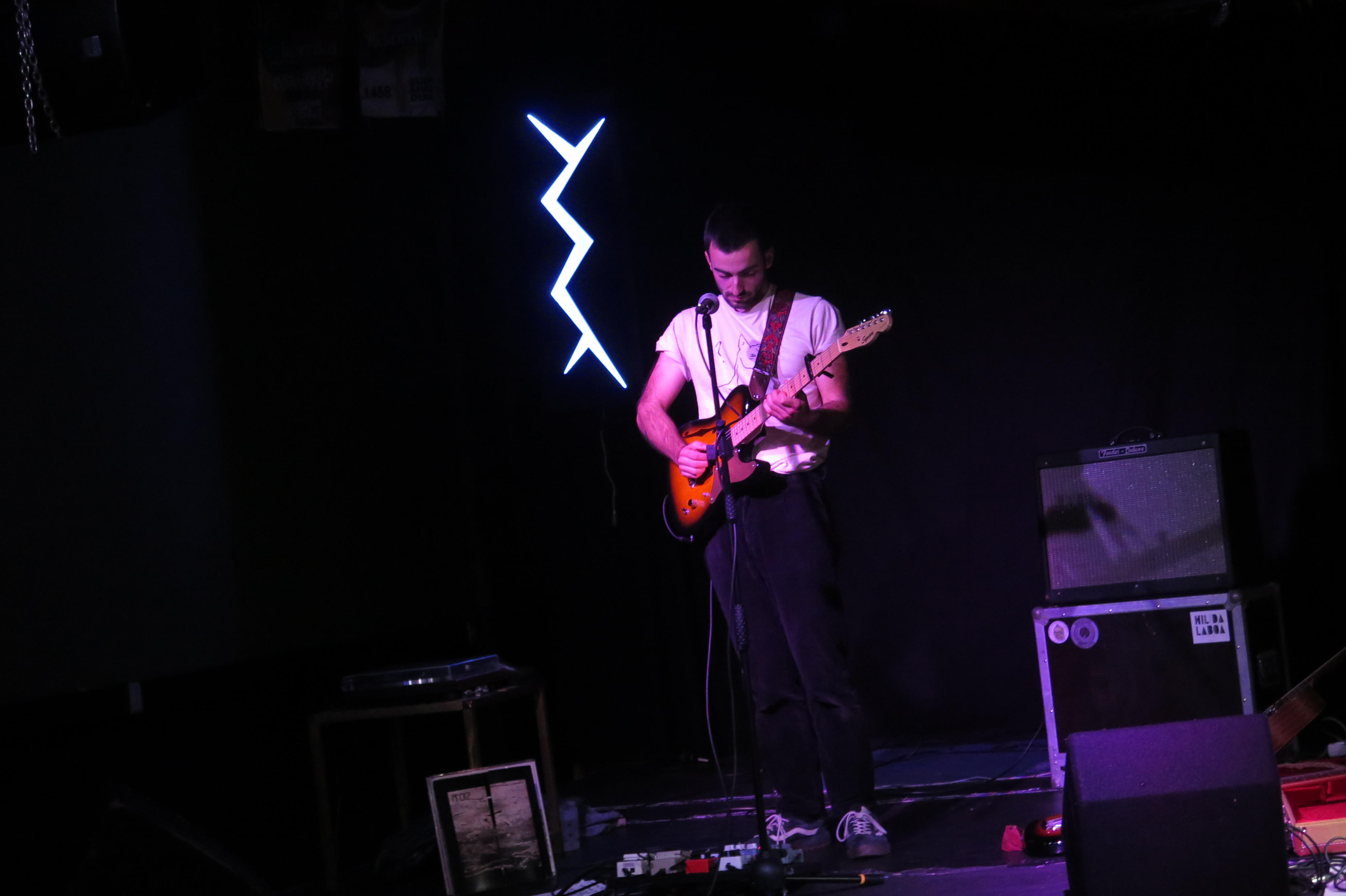
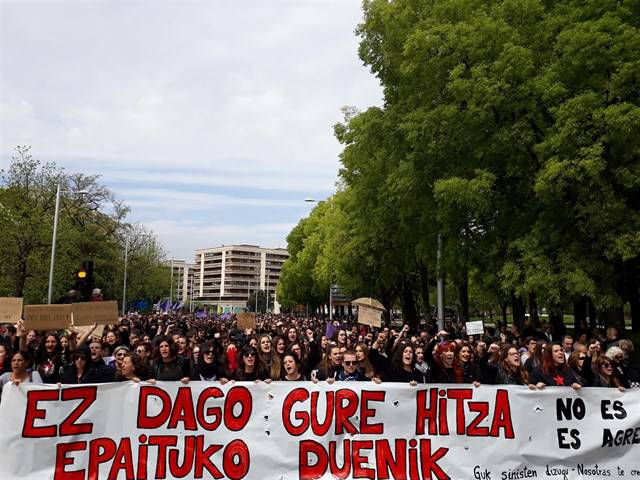
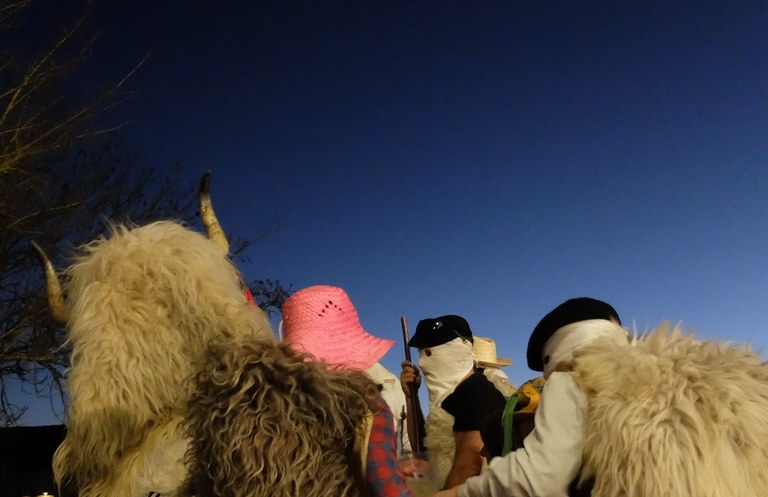

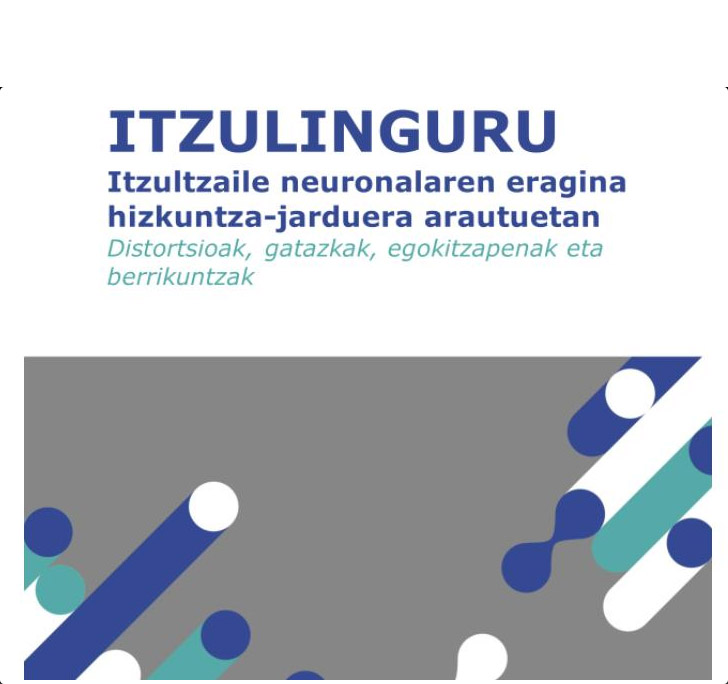
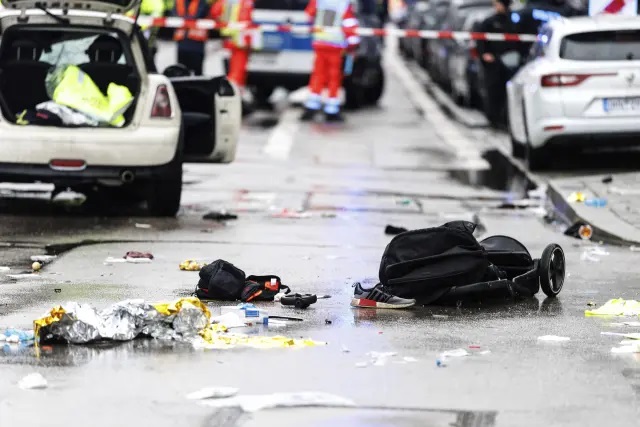
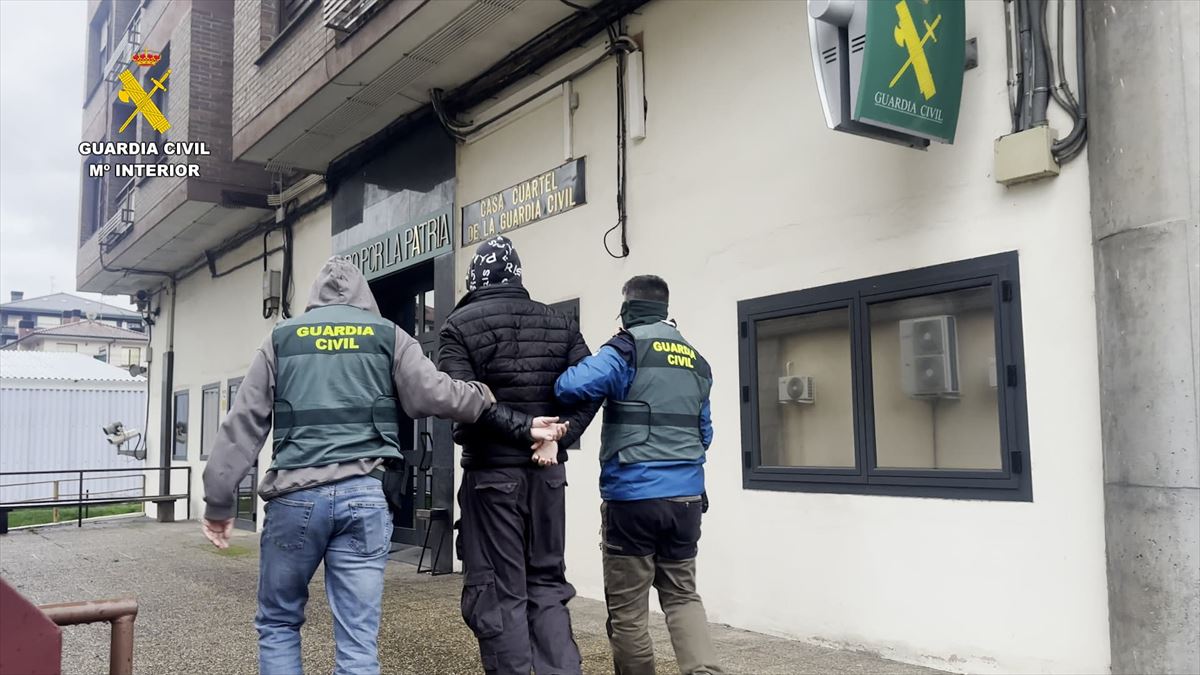
.jpg)

